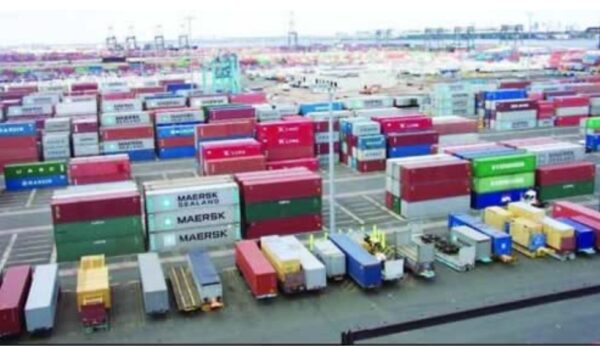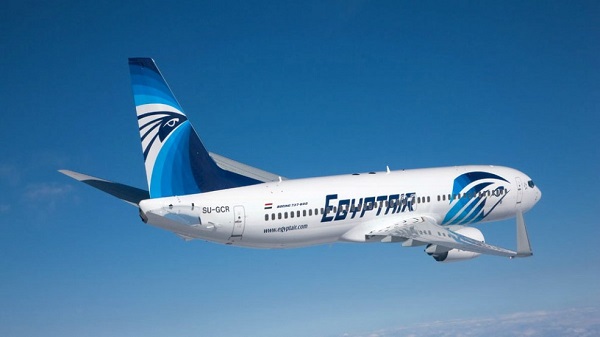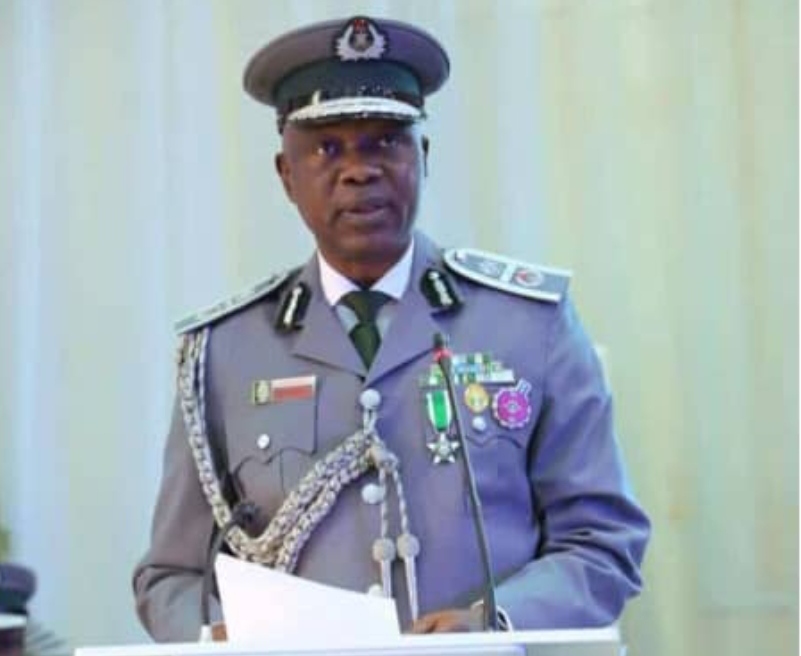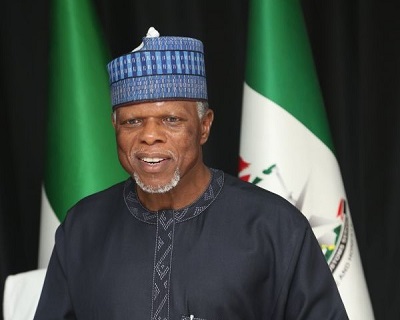FG To Adopt Alternative Energy Technologies For Transportation Challenges

Poised to revolutionize the transportation landscape in the country and address its energy challenges, the Federal Government has given assurances that it will continue to implement workable and practical policy initiatives and strategies that will develop a safe, secure, affordable, and sustainable transport system in the country.
The Minister of Transportation, Senator Said Alkali disclosed this last week in Abeokuta, Ogun State, at the plenary of the executive session of the 18th National Council on Transportation (NCT) which was held with the theme: “Embracing Innovations and Technologies for Suitable Transportation: Tackling the Energy Challenges.”
Alkali added that the theme is a wake-up call to accept innovations to cushion the effect of energy challenges currently being experienced in the country. To the minister, “this is an eye opener to mitigate some climate change concerns.”
The Honorable Minister observed that: “It is a known fact that the transportation sector is a major culprit of environmental pollution because of its over-dependence on fossil fuel and non-availability of alternative energy that has exerted pressure on demand for energy and raised broader environmental and socio-economic issues such as environmental pollution; fuel price volatility; economic sabotage among other.”
Speaking further, Alkali stated that “In view of the energy demand of transportation, countries at the recently concluded World Climate Action Summit (WCAS) of the 28th Conference of Parties (COP 28), committed to creating a sustainable future for coming generations by accelerating innovation and facilitating the deployment of renewable energy, clean technology and other green alternatives”.
The Minister pointed out that, in order to be at the forefront of the crusade, there is need for the country to adopt a multifaceted approach to accelerate the adoption of a sustainable and environmentally-friendly transportation solutions such as modernizing the country’s transportation systems by pioneering the frontier of green-manufacturing and industrialization with a focus on natural gas as a transition fuel, alongside other renewable energy sources and prioritizing innovative technologies in the transportation sector to mitigate energy challenges while promoting sustainability and economic growth.
Alkali also observed that for transportation to be relevant in driving an innovative and digital economy, stakeholders in Nigeria, there is a need to envision the future together and synergize to provide a veritable platform that enables other sectors of the economy to thrive.
Other initiatives he listed, include engendering innovative and transformative initiatives for the development of new renewable energy sources and smart city concepts, consciously prioritizing budgetary appropriation to tackle energy challenges and creating incentives to attract private sector investment in de-carbonization and investing in research and development, training and re-training of personnel.
The transportation minister further advocated the commencement of a nationwide campaign to educate and sensitize Nigerians on the use of the identified new technologies; acquiring state-of-the art technology where necessary; and supporting innovative ideas by collaborating with relevant government agencies, the academia and industry experts.
Said Alkali also tasked the National Council on Transportation members to be at the forefront of ensuring that alternative energy transport technologies (biofuels and hydrogen, battery electric (BEV), hybrid electric (HEV), plug-in hybrid (PHEV), compressed natural gas (CNG), biogas (BG) etc.) are properly harnessed and standards built in such a way that will be beneficial to all stakeholders.
In the area of notable technological advancement that will foster an environmentally and economically friendly transportation solution in Nigeria, an endeavor which he disclosed has been carried out by the Federal Ministry of Transportation, the Minister said that there is a need for collaborating with the Presidential Compressed Natural Gas (CNG) Initiative Committee to set up a CNG Conversion Centre in Abuja to mitigate the effects of subsidy removal on petrol; promoting the adoption of electric and autonomous vehicles.
The transportation minister also advocated the integration of artificial intelligence (AI) for logistics operations; and the development of a National Land Transport Policy which dealt extensively on components such as Alternative Energy Climate change.
The Executive Session of the 18th National Council on Transportation after all said and done, concluded by considering 53 (Fifty-thre) memoranda.
In his remarks the Governor of Ogun State, Prince Dapo Abiodun, who was represented by the Deputy Governor, Noimot Salako-Oyedele said that the Federal Ministry of Transportation had carried out notable technological advancement that would foster environmentally and economically friendly transportation solution in Nigeria which are worthy of emulation by the States.
The Governor noted that the theme of the conference indicated that the sector was fully in line with current challenges, realities and limitations and ready to proffer suitable solutions.
The 18th National Council on Transportation was adjourned around 6p.m of Friday, 16th of February, 2024 with the inauguration and swearing-in of the 6-man Executive of the Forum of Commissioners of Transportation chaired by the Ogun Commissioner of Transportation, Engineer Gbenga Dairo.








